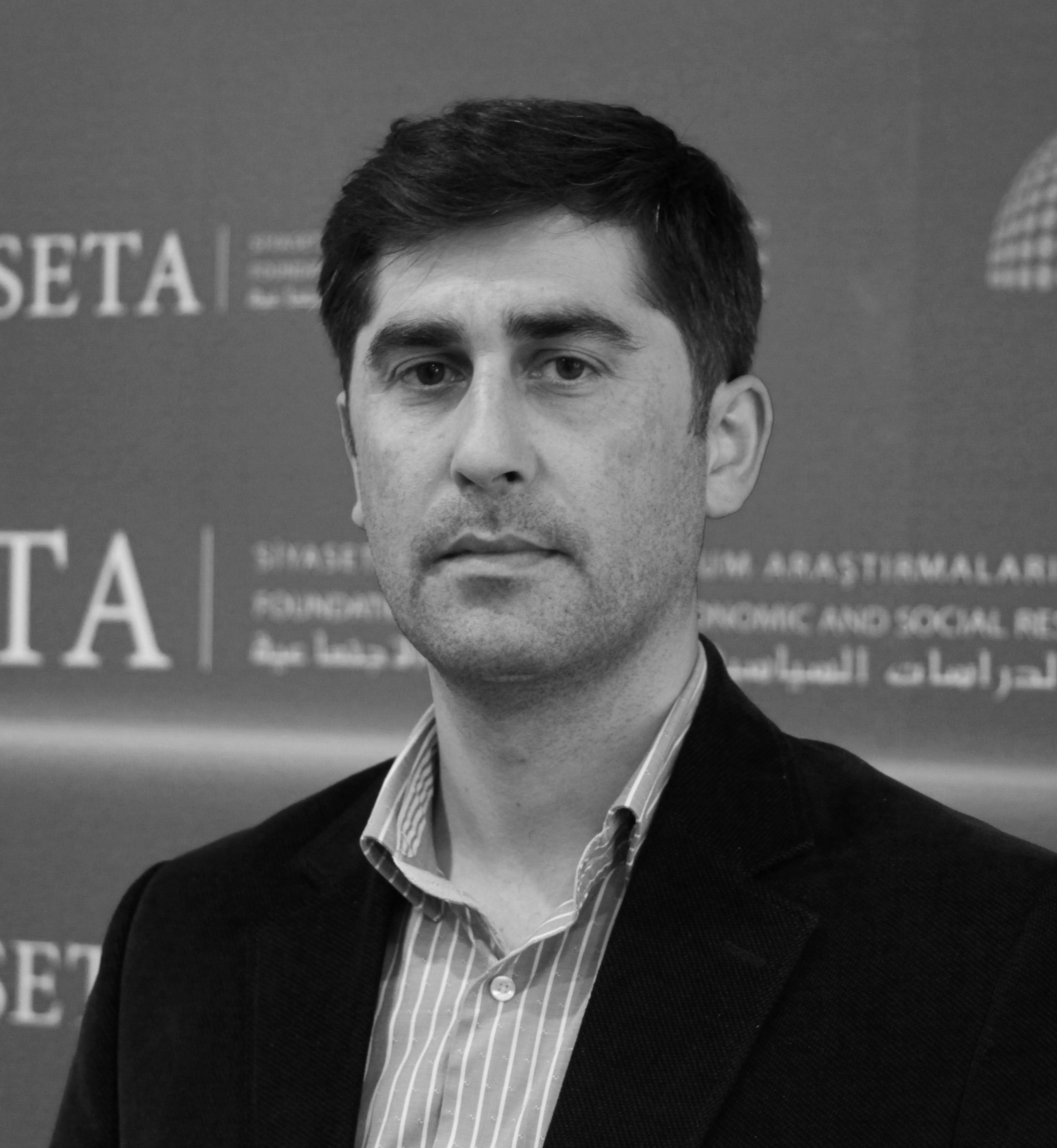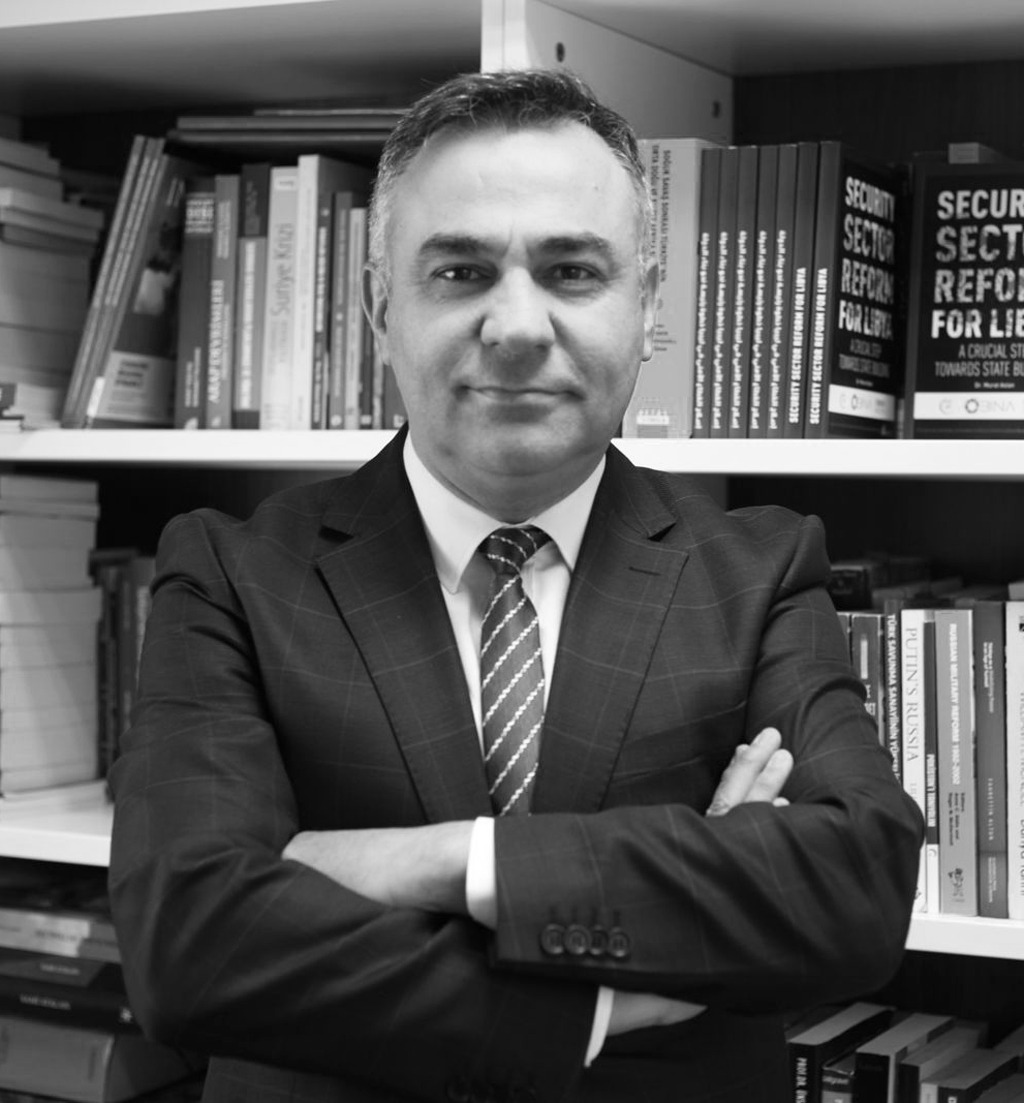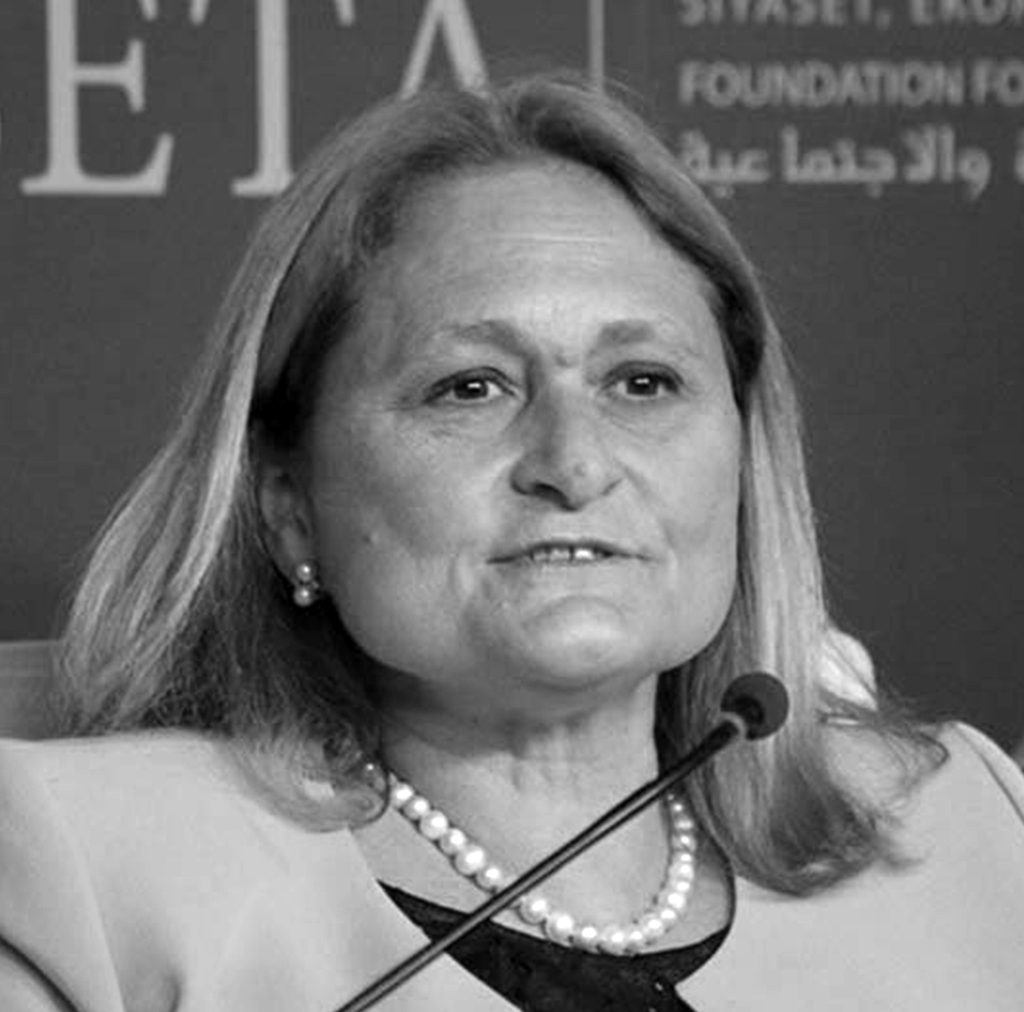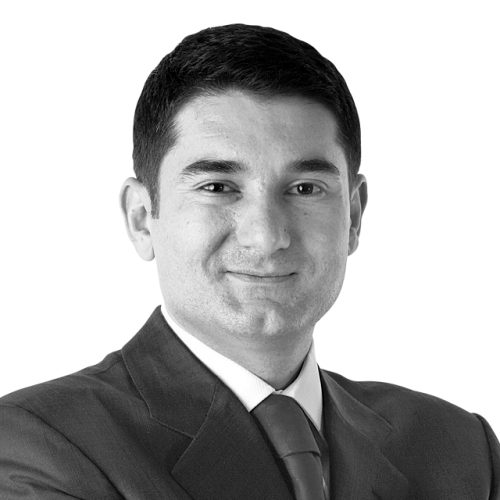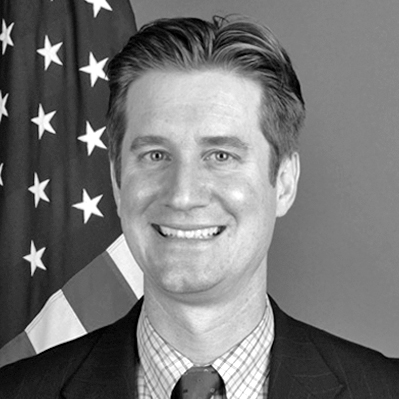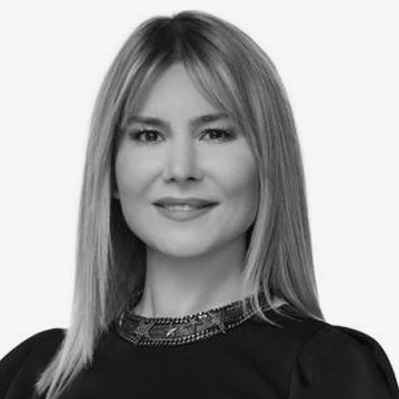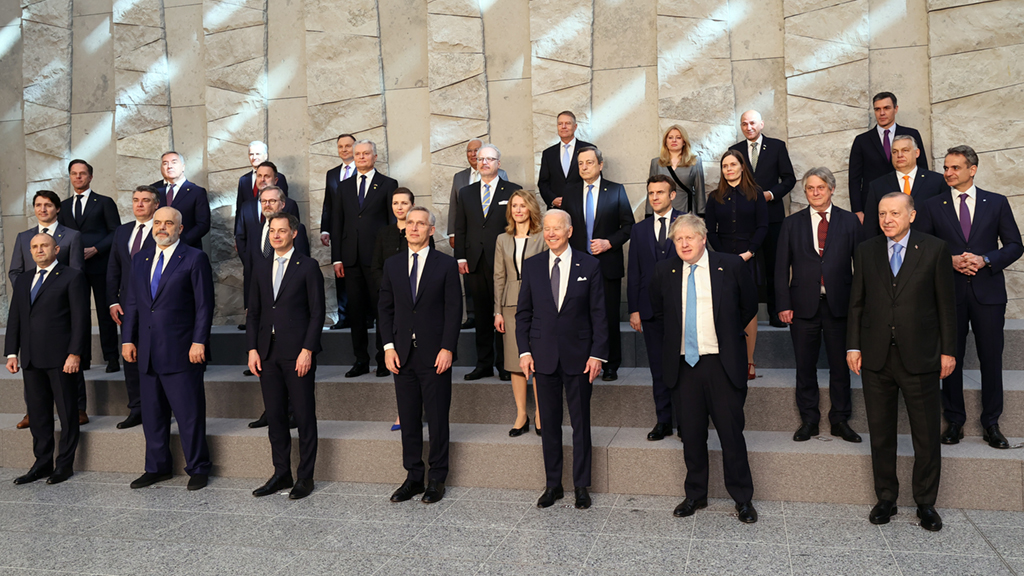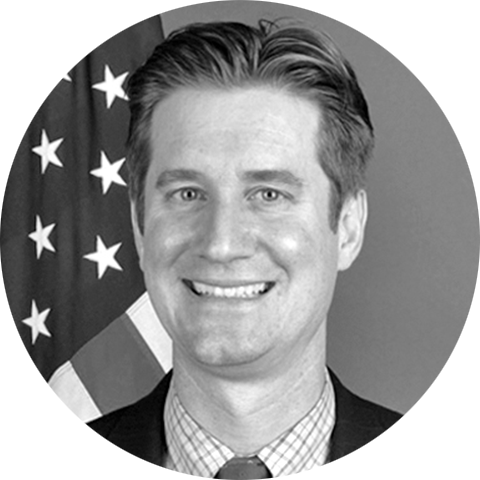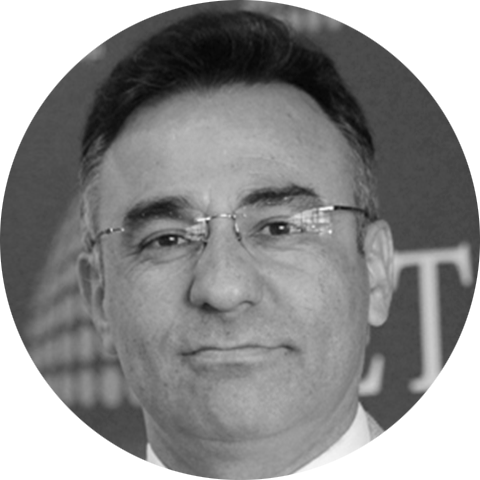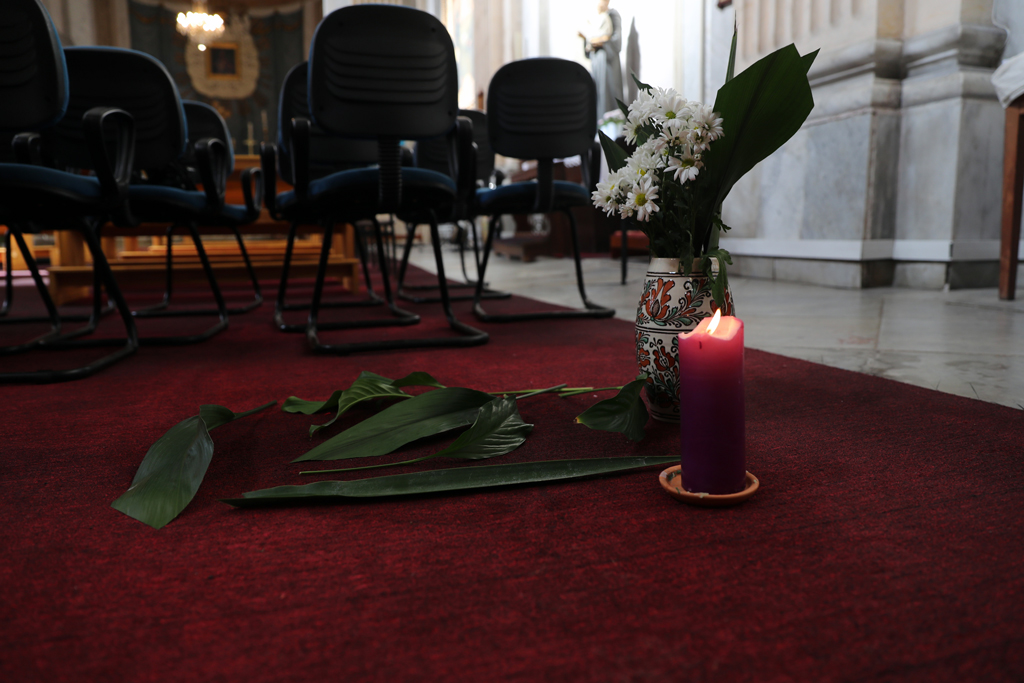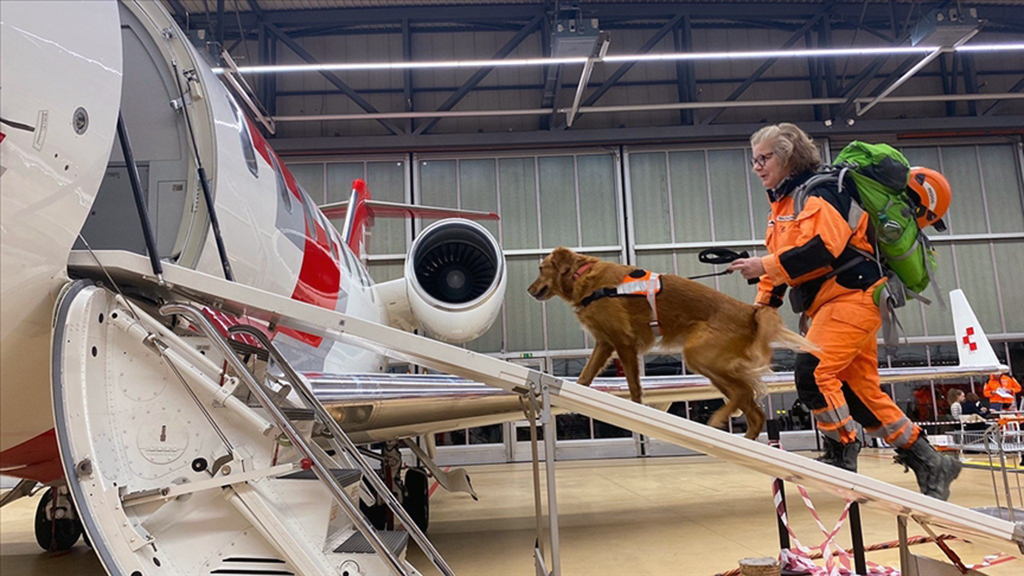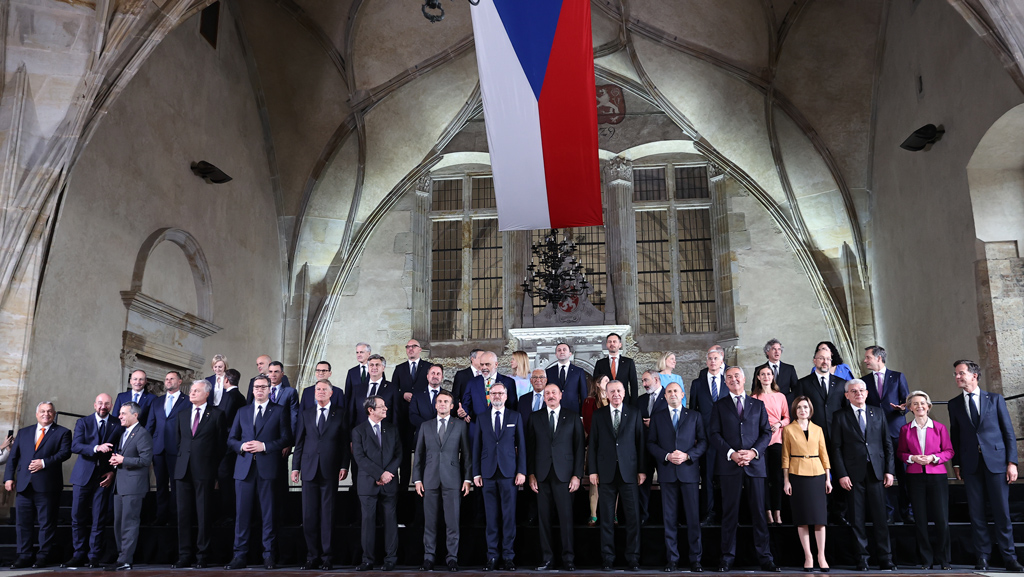The leaders of NATO’s member countries have gathered in Brussels for an emergency meeting at a critical time. The Russian invasion of Ukraine was the focus of the summit, as the allies had to decide where NATO stands and which steps must be taken to stop the fighting. Keeping in mind that the war in Ukraine indeed represents an unprecedented risk to European security, the emergency summit carried great importance. Furthermore, Turkey has emerged as one of the most prominent players by taking major steps toward serving as a mediator between the parties to promote peace and stability. This study presents the views of leading experts on NATO’s emergency summit.
Prepared by Gloria Shkurti Özdemir Experts Matthew Bryza Çağrı Erhan Ece Baban Murat Yeşiltaş Nurşin A. Güney Murat Aslan Talha KöseMatthew Bryza Former U.S. Ambassador, Senior Fellow at the Atlantic Council Today’s NATO Summit in Brussels could be the most important such meeting in NATO’s history, certainly in recent history. Never before has NATO met when there was a land war as big as this one underway in the middle of Europe. This dwarfs, obviously, the wars in the former Yugoslavia and it has implications that are mind-boggling. Especially in light of Mr. Peskov’s statement to Christiane Amanpour in CNN that he does not rule out Russia using nuclear weapons in conjunction with its invasion of Ukraine. Granted he did modify that remark by saying Russia would only do so if it faced an existential threat, but how President Putin defines existential threat is subjective, to say the least. So, the huge challenge of President Biden at the NATO summit is going to be to maintain transatlantic solidarity in a way that takes further measures to ensure not only that Putin is deterred from further attacks on Ukraine but is defeated on the battlefield and simultaneously deterred from escalating to the level of chemical weapons or nuclear weapons. Poland apparently has a proposal that could go a long way both to ensuring Russia’s military defeat on the battlefield but also potentially escalating the conflict to a point where Putin might indeed consider using weapons of mass destruction. Accordingly, this proposal is for a peacekeeping force, either under NATO’s umbrella or comprised of a coalition of willing NATO member states. That would put troops and equipment of NATO member states on the ground in Ukraine, most likely ending up in a confrontation with Russian troops. This indeed is one of those pivotal inflection points in history when NATO’s leadership has to decide whether it is going to be as firm as possible with Putin in order to deter and defeat him, or maybe they will roll the dice toward an uncertain escalatory process. In addition, President Biden will be joining the European Council discussion and a G7 meeting. Throughout all these meetings, his goal is going to be to maintain the transatlantic community’s unity. Indeed the transatlantic community has shown so much strength in this unity, and President Biden has been tremendously successful in maintaining that unity. The main issues discussed in the European Council meeting will be two-fold: One is whether or not the European Union will work jointly to purchase natural gas that is not sourced in Russia, while the other thing they will consider is additional sanctions aimed at damaging Russia's economy to the point that President Putin runs out of money and can no longer conduct his war against Ukraine. In this regard, there will be many European countries who are resistant to go further in inflicting economic pain on Putin, because it will cause pain in their own economies. Nevertheless, I hope that President Biden will convince them to look at this conflict in a different way. Ukraine is not the end of Putin’s story as he has made it clear in the demands that were given to the U.S. a couple of months ago. In addition to Ukraine, Putin wants to see NATO roll back to his borders before the large, rounded enlargement in 1997. So, his ambitions are of course for Ukraine, but they go beyond including a rewriting of the entire security frame/structure, to which Russia had agreed after the Cold War. Thereby, after Ukraine, he has got ambitions to move toward NATO, into NATO’s space and change NATO, perhaps forcibly. We didn't learn our lesson as a transatlantic community when Russia invaded Georgia in 2008. We largely blamed the young energetic, some would say impulsive, Georgian President Mikheil Saakashvili for provoking President Putin. In reality, I knew, as one of the Central American officials managing U.S.-Georgian relations, that wasn't true at all. It was Putin who was provoking for years and eventually a shooting war that Russia provoked began. But we didn't blame Russia then, and the international community largely blamed Saakashvili. As the Russian invasion was unfolding in August 2008, President Saakashvili said, “It's Georgia being invaded today and it's Crimea next.” Sure enough, in February 2014 and March 2014 Putin invaded again, this time Ukraine. Russia invaded, occupied, and annexed Crimea, and invaded, occupied, and militarized Donbass. As a result of these actions, there were sanctions, but they weren't very strong, and there are still our European Union member states that would like those sanctions on Russia to go away. Therefore, Russia didn’t pay a price for that second invasion. This time President Putin, therefore, was thinking he also wouldn't have to pay a serious price for invading Ukraine again. However, he is paying a heavy price but if he doesn't pay a heavy price and if he isn't stopped now in Ukraine, he will move on toward Poland in the Baltic states and NATO will be involved in a world war with Russia. Therefore, when the European Union heads of state are contemplating their next round of sanctions and they're worried that tougher sanctions will hurt them at home will hurt their own economies, I think they should keep in mind that if the measures and sanctions issued to stop Putin’s maniacal war on Ukraine aren't strong enough to impose pain on ourselves, there's more that we could be doing. There are stronger steps that we could be taking to stop Putin to end this war in Ukraine before it engulfs the rest of us. Back to top
Çağrı Erhan Altınbaş University NATO held one of the most important summits in its history. In this context, Russia’s attack on Ukraine has revived three key concerns: i) How far could Russia go? ii) Has NATO’s expansion ended? iii) Has a new cold war started? Founded in the after math of World War II, as the Cold War was just beginning, NATO updated itself after the fall of the Berlin Wall. Starting with the Strategic Concept of 1999, the organization redefined its function and geographical scope every two years. The Alliance –which incorporated certain issues, which were not covered by its founding treaty, into its agenda – continued to serve the purpose of collective defense on the basis of Article 51 of the United Nations Charter, while also starting to deal with various security issues. Over the first two decades of the 21st century, the Alliance transformed its security architecture in line with its new areas of responsibility and continued its expansion. Russia’s 2008 attack on Georgia represented a strong challenge to NATO’s open-door policy. Later, Moscow’s growing pressure on Ukraine and the annexation of Crimea established that NATO could not expand toward the former Soviet sphere. Having cited Kyiv’s efforts to join NATO, among other things, as an excuse to attack its neighbor, Moscow thus drew a thick, red line for Brussels. As such, the likelihood of Ukraine’s membership became zero. Yet, the Russian methods left all NATO members deeply concerned. At the NATO summit, it was important to address those concerns and to signal to the world that the Alliance’s members were even more united than they had been in the past. To accomplish that goal, however, the NATO allies need to be actually united. Unfortunately, the situation is not exactly hopeful. Turkey, a key NATO ally that has been engaging in more active diplomacy than others to resolve the dispute between Russia and Ukraine, remains subject to a formal or veiled arms embargo by certain member states. The United States removed Turkey from the F-35 joint fighter program, of which it is a partner, as Germany and others blocked the sale of military equipment to Turkey. That practice must end without delay. NATO rests on three pillars: solidarity, deterrence, and reconciliation. The consensus among the member countries, together with solidarity under any circumstances, is the prerequisite of deterrence against outsiders. Indeed, Article 3 of the Washington Treaty requires such behavior. An Alliance, whose members impose sanctions against each other, cannot seem reliable to the outside world. I believe that the member countries have reviewed the existing sanctions against Russia at the emergency summit and told the world that they stand in complete solidarity with each other in this crisis-ridden time when the Alliance needs solidarity more than ever. Back to top
 Ece Baban
Fenerbahçe University
Until recently, NATO’s very existence was being questioned due to disagreements among the member countries and French President Emmanuel Macron’s accusation of “brain death.” That process, however, reached a whole new level when Russia’s military operation against Ukraine morphed into war. In this sense, the Russian invasion of Ukrainian territory established yet again the significance of adopting a shared policy for ensuring the safety of NATO lands, politically and militarily, and creating common road maps for the implementation of that policy to the European security architecture.
Improving NATO’s capability to act against a common threat without being dominated by any single country, deploying additional defensive forces to Eastern Europe, and dealing with the nuclear threat from Russia, which has a hegemony on energy in the multipolar world, was among the top items on the summit’s agenda. The military and diplomatic significance of Turkey’s membership to the security of Central and Eastern Europe, starting in the Black Sea, seems to have been rediscovered in recent days. The strategic communication efforts to facilitate dialogue between the Russian Federation and Ukraine, and to keep the conflict zone under control, hinted that Turkey’s policy could fill the void that German Chancellor Angela Merkel, who played a mediating and unifying role in the face of problems emerging in Europe, left behind. By engaging with Germany, Poland, Greece, the Netherlands, and Israel, to name a few countries, Turkey demonstrated that it will be a strong partner in efforts to deal with global threats like radicalization, climate change, and irregular migration (which were identified in NATO’s vision for 2030) through its multidimensional efforts to communicate – not just its military might.
Against the backdrop of the conversation on the importance of extending Secretary-General Jens Stoltenberg’s term, Turkish President Recep Tayyip Erdoğan’s participation in the NATO summit was crucial because it served to strengthen intra-alliance relationships, to raise awareness among the member states about the responsibility that Turkey – a country with the ability to shape the diplomatic talks as part of attempts to solve a problem that places the whole world at risk – has assumed, to address the increasingly structural disagreement between NATO and Turkey on security, and to ensure that Turkey receives due support from its allies vis-à-vis its security concerns in Syria and its fight against disinformation.
Back to top
Ece Baban
Fenerbahçe University
Until recently, NATO’s very existence was being questioned due to disagreements among the member countries and French President Emmanuel Macron’s accusation of “brain death.” That process, however, reached a whole new level when Russia’s military operation against Ukraine morphed into war. In this sense, the Russian invasion of Ukrainian territory established yet again the significance of adopting a shared policy for ensuring the safety of NATO lands, politically and militarily, and creating common road maps for the implementation of that policy to the European security architecture.
Improving NATO’s capability to act against a common threat without being dominated by any single country, deploying additional defensive forces to Eastern Europe, and dealing with the nuclear threat from Russia, which has a hegemony on energy in the multipolar world, was among the top items on the summit’s agenda. The military and diplomatic significance of Turkey’s membership to the security of Central and Eastern Europe, starting in the Black Sea, seems to have been rediscovered in recent days. The strategic communication efforts to facilitate dialogue between the Russian Federation and Ukraine, and to keep the conflict zone under control, hinted that Turkey’s policy could fill the void that German Chancellor Angela Merkel, who played a mediating and unifying role in the face of problems emerging in Europe, left behind. By engaging with Germany, Poland, Greece, the Netherlands, and Israel, to name a few countries, Turkey demonstrated that it will be a strong partner in efforts to deal with global threats like radicalization, climate change, and irregular migration (which were identified in NATO’s vision for 2030) through its multidimensional efforts to communicate – not just its military might.
Against the backdrop of the conversation on the importance of extending Secretary-General Jens Stoltenberg’s term, Turkish President Recep Tayyip Erdoğan’s participation in the NATO summit was crucial because it served to strengthen intra-alliance relationships, to raise awareness among the member states about the responsibility that Turkey – a country with the ability to shape the diplomatic talks as part of attempts to solve a problem that places the whole world at risk – has assumed, to address the increasingly structural disagreement between NATO and Turkey on security, and to ensure that Turkey receives due support from its allies vis-à-vis its security concerns in Syria and its fight against disinformation.
Back to top
Back to top
Back to top
 Talha Köse
SETA Foundation
The Russian occupation of Ukraine is particularly relevant to the Alliance since the crisis began under the pretense of resisting NATO’s expansion. NATO’s Eastern European members and the Baltic states, in particular, remain on high alert due to the war and expect more support from their allies to ensure that they do not become the target of Moscow’s attacks in the future. Thursday’s summit was primarily related to making concrete decisions to address the security concerns of those member countries, which happen to be neighbors with Ukraine, as well as to address the delivery of weapons and the deployment of the Response Force to the relevant countries. Provided that those steps are likely to disturb Russia, Moscow should be expected to mount more pressure on those nations. Under the current circumstances, promoting solidarity and increasing NATO’s deterrence potential are key to preventing additional crises – that was the goal of NATO’s emergency summit.
For many years, NATO had not been receiving enough support from Western European states. Debating whether the organization was “brain dead” or talking about “strategic autonomy,” too, shook everyone’s faith in the Alliance. At the same time, the member countries refrained from investing in their military and increasing their preparedness. The main reason behind that tendency was that NATO’s decision-making and implementation mechanisms were overly centered around the United States. Yet, the Ukraine crisis highlighted the indispensability of NATO and the United States for European security, ending the debate in Europe to some degree. Going forward, the European states must assume more responsibility so that the Alliance can become play a more active role. Europe, in turn, expects to have more influence over strategic decisions. It would seem that all those debates, which have been taking place within NATO, will continue for some time. The current crisis brought the allies together, yet those nations need a new strategic definition and a fresh approach to decision-making for their cooperation and solidarity to last. Whereas the current momentum creates fertile ground for such decisions, the discussions, which became visible due to the Ukraine crisis, are unlikely to end in the near future. NATO could become the winner of this conflict by using that momentum to reposition itself. The extent to which the Europeans end up being willing to shoulder the burden will determine whether that is possible.
Back to top
Talha Köse
SETA Foundation
The Russian occupation of Ukraine is particularly relevant to the Alliance since the crisis began under the pretense of resisting NATO’s expansion. NATO’s Eastern European members and the Baltic states, in particular, remain on high alert due to the war and expect more support from their allies to ensure that they do not become the target of Moscow’s attacks in the future. Thursday’s summit was primarily related to making concrete decisions to address the security concerns of those member countries, which happen to be neighbors with Ukraine, as well as to address the delivery of weapons and the deployment of the Response Force to the relevant countries. Provided that those steps are likely to disturb Russia, Moscow should be expected to mount more pressure on those nations. Under the current circumstances, promoting solidarity and increasing NATO’s deterrence potential are key to preventing additional crises – that was the goal of NATO’s emergency summit.
For many years, NATO had not been receiving enough support from Western European states. Debating whether the organization was “brain dead” or talking about “strategic autonomy,” too, shook everyone’s faith in the Alliance. At the same time, the member countries refrained from investing in their military and increasing their preparedness. The main reason behind that tendency was that NATO’s decision-making and implementation mechanisms were overly centered around the United States. Yet, the Ukraine crisis highlighted the indispensability of NATO and the United States for European security, ending the debate in Europe to some degree. Going forward, the European states must assume more responsibility so that the Alliance can become play a more active role. Europe, in turn, expects to have more influence over strategic decisions. It would seem that all those debates, which have been taking place within NATO, will continue for some time. The current crisis brought the allies together, yet those nations need a new strategic definition and a fresh approach to decision-making for their cooperation and solidarity to last. Whereas the current momentum creates fertile ground for such decisions, the discussions, which became visible due to the Ukraine crisis, are unlikely to end in the near future. NATO could become the winner of this conflict by using that momentum to reposition itself. The extent to which the Europeans end up being willing to shoulder the burden will determine whether that is possible.
Back to top
